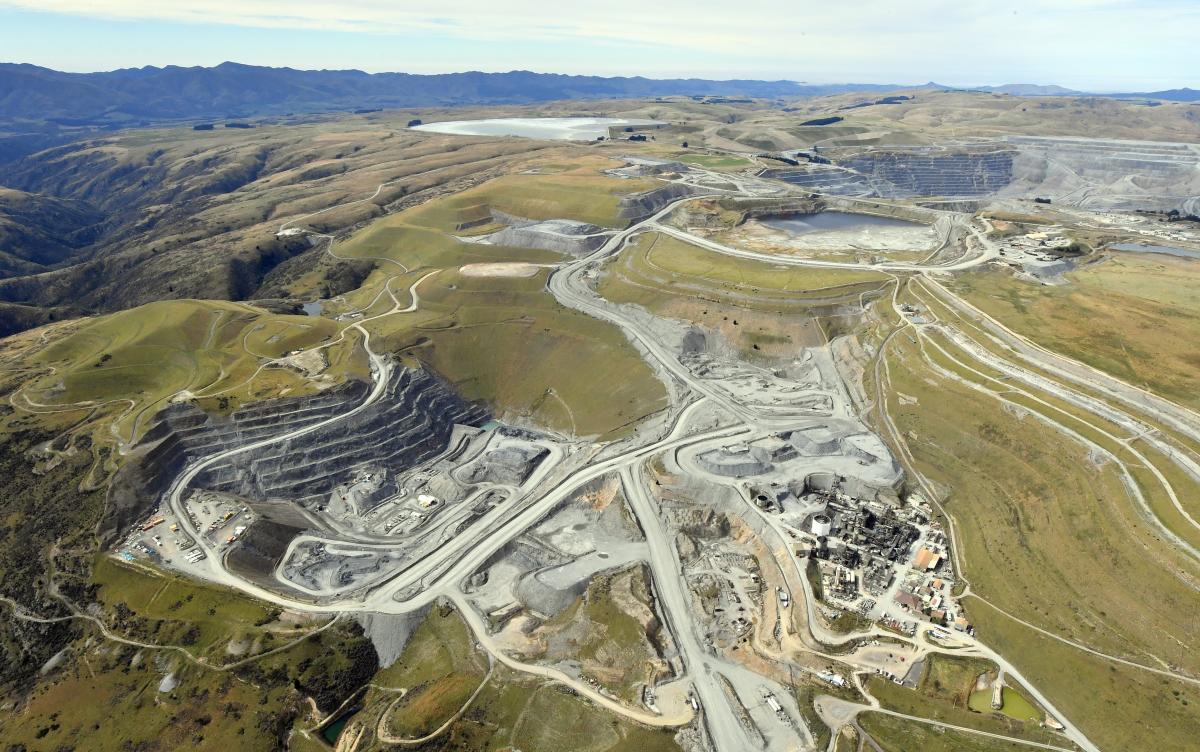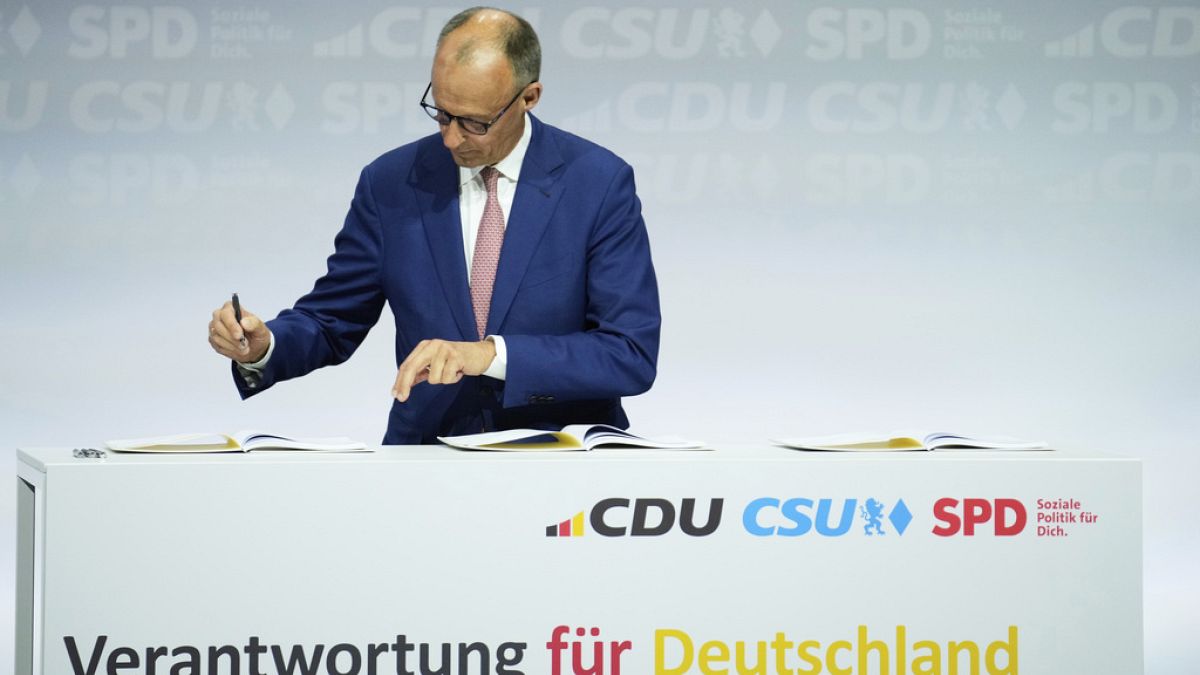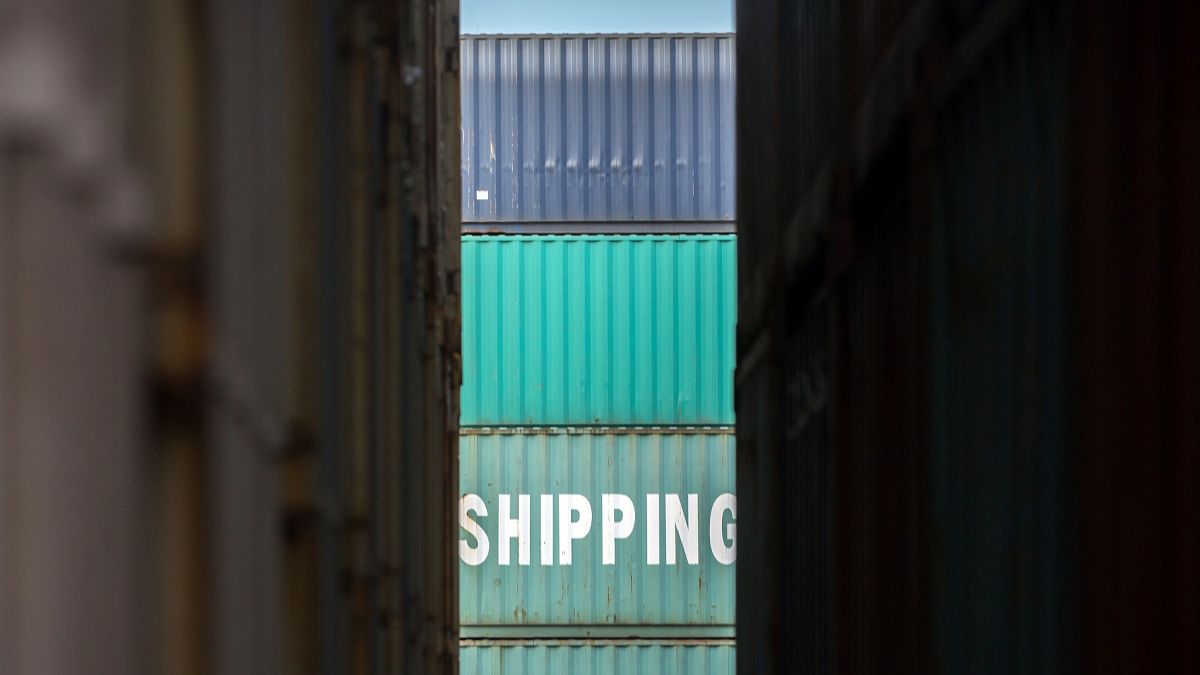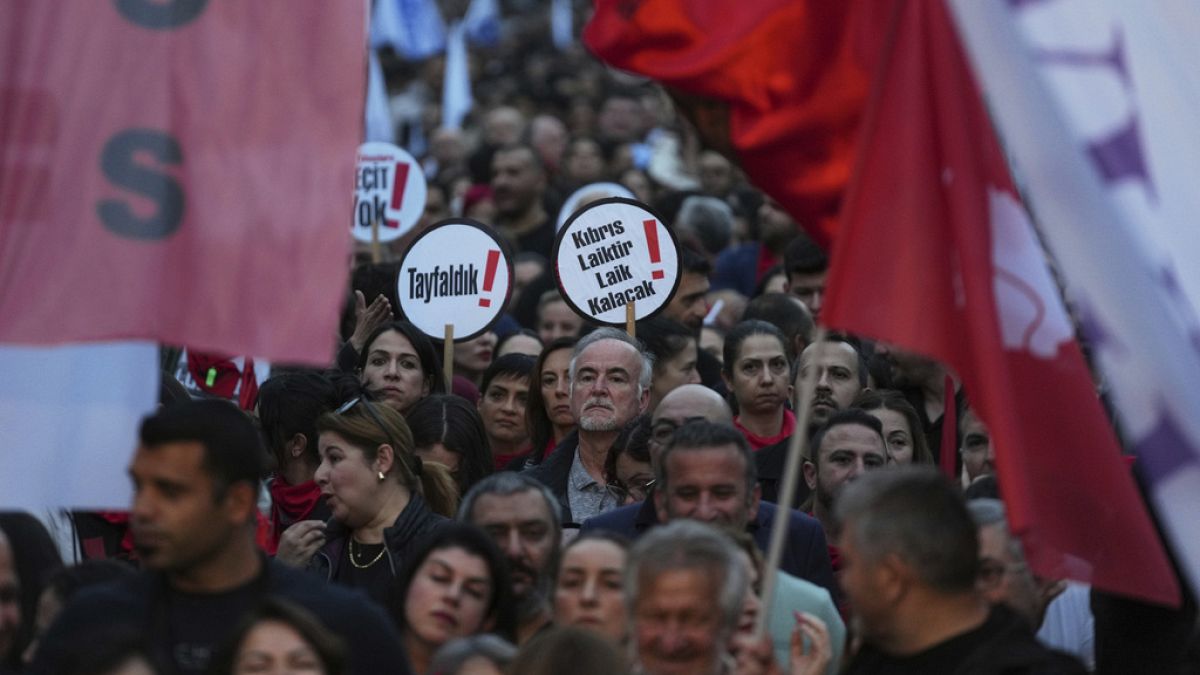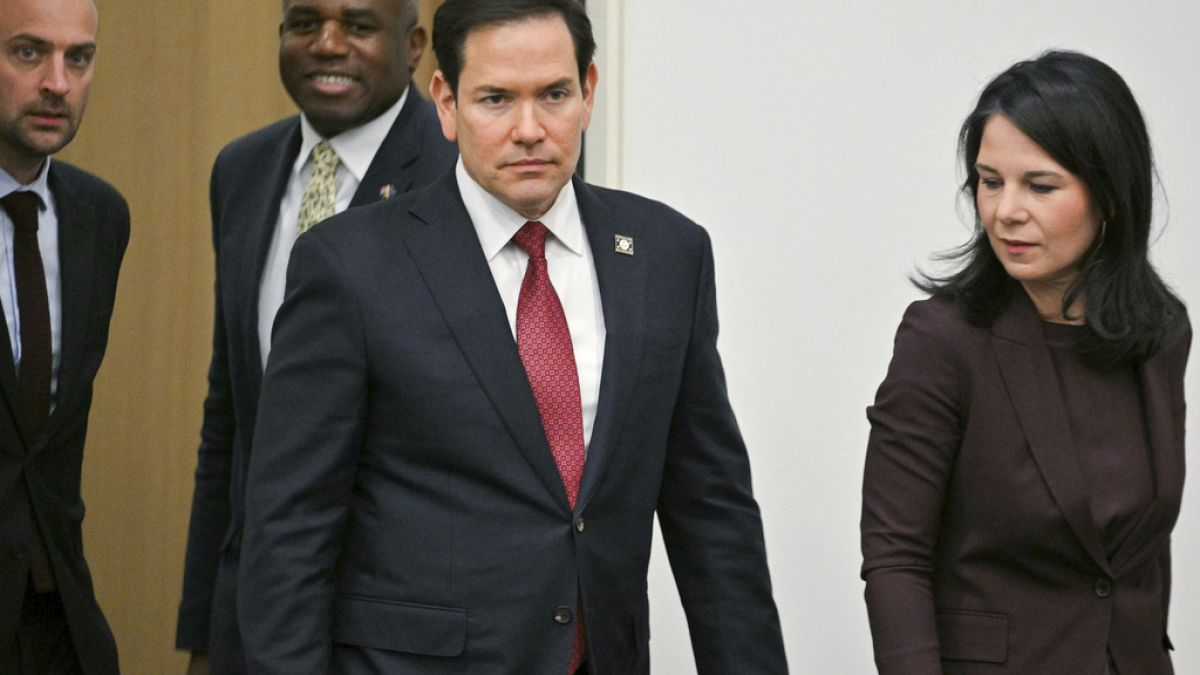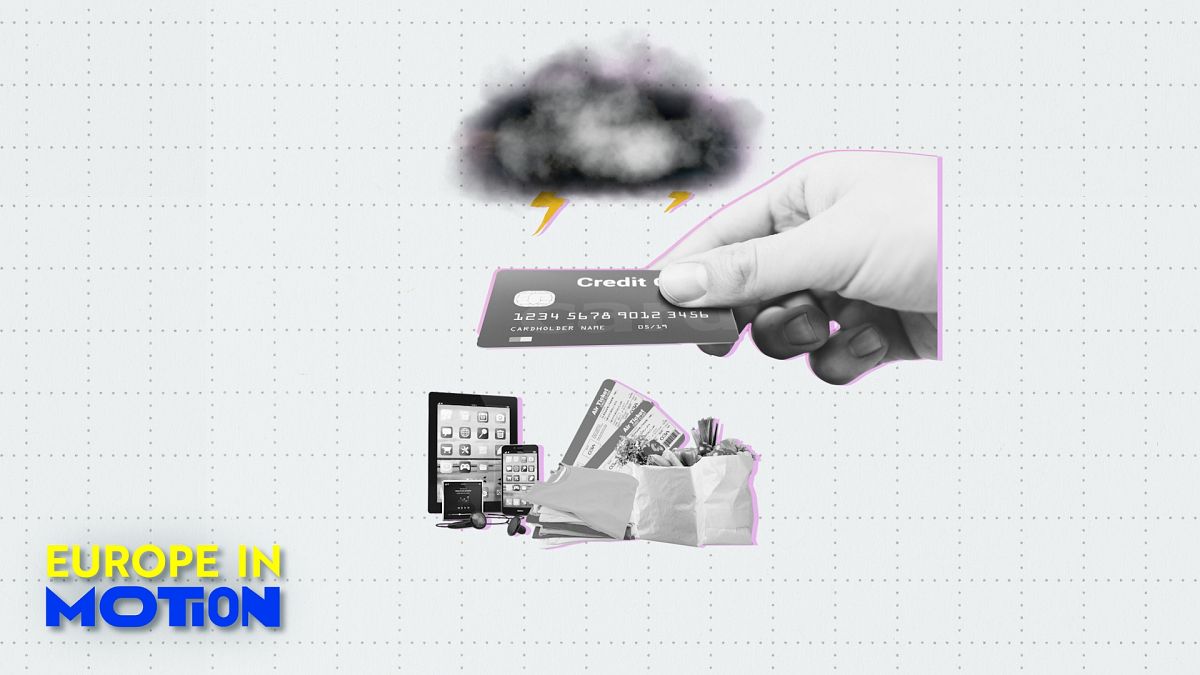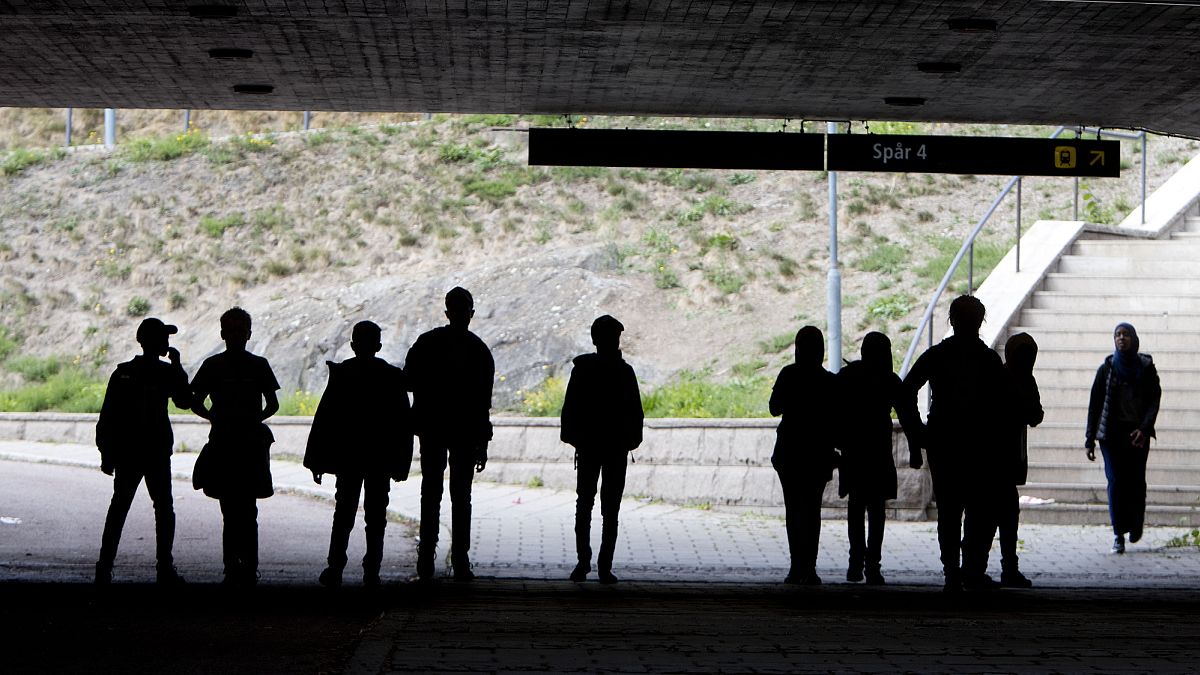The motto of the 144-page coalition agreement is ‘Responsibility for Germany’.
‘Germany can successfully master every task under its own steam and in close co-operation with our partners and friends in the world,’ affirms the black-red coalition. Among other things, it renews ‘the promise of the social market economy – opportunities and prosperity for all’ and announces that it will strengthen Germany’s defence and deterrence capabilities to safeguard freedom and peace.
AI for the security authorities, ‘more consistent’ migration policy
The intelligence services and the federal police are to be given extended powers in future. In the case of certain criminal offences, security authorities are to be allowed to use artificial intelligence to analyse publicly accessible data.
The coalition parties have announced a ‘new, more consistent approach to migration policy’. The plan is to suspend voluntary admission programmes and family reunification. In addition, asylum seekers are to be turned away at the border in future ‘in coordination with European partners’.
A new law is planned for the federal police which, among other things, will make it possible to apply for detention pending deportation for foreigners who are obliged to leave the country.
The partial legalisation of cannabis initiated by the previous government is to be ‘openly reviewed’ in autumn 2025.
Relief for small and medium incomes
In the preamble to the coalition agreement, the parties reaffirm their commitment to the social market economy with the aim of creating ‘opportunities and prosperity for all’. Among other things, measures are planned to reduce energy costs, speed up authorisation procedures and ease the burden on company founders.
In the middle of the legislative period, the black-red coalition is planning to ease the burden on small and medium incomes by reducing income tax. In addition, tax incentives are to be created for longer weekly or lifetime working hours. The reintroduction of the reduced VAT rate of 7 per cent in the catering sector is planned from 2026.
Continued commitment to wind and solar power in Germany
The CDU/CSU and SPD are committed to the Paris Climate Agreement and the goal of making Germany climate-neutral by 2045. This is to include the use of so-called CCS technology, in which CO₂ emissions are captured and stored underground.
The coalition is planning to abolish the so-called Heating Act, which was introduced under the traffic light government, and replace it with a new Building Energy Act. This is to be more open to technology, more flexible and more user-friendly, with a focus on effectively reducing CO₂ emissions.
The expansion of wind and solar power initiated under the previous government will be continued.
Instead of citizen’s income – ‘basic security for jobseekers’
The ‘Labour and social affairs’ chapter begins with a focus on securing labour and skilled workers. The introduction of an annual ‘family budget for everyday helpers’ is being examined, which is intended to support parents in achieving a better work-life balance.
The establishment of a centralised digital platform is planned to promote the immigration of skilled workers.
The current citizens’ income is to be replaced by a new form of basic income support for jobseekers. A binding regulation of rights and obligations is to apply to both sides.
Friedrich Merz is to be elected as the new Federal Chancellor tomorrow, Tuesday.


